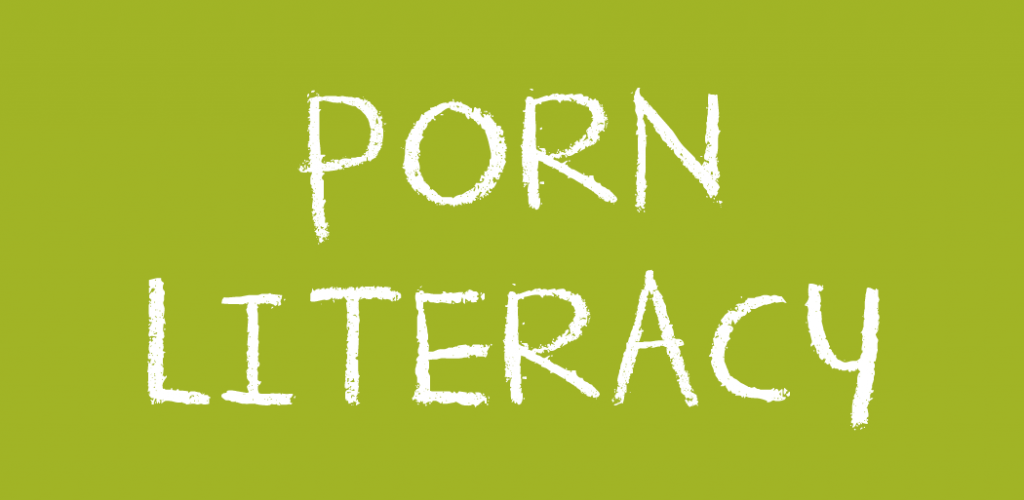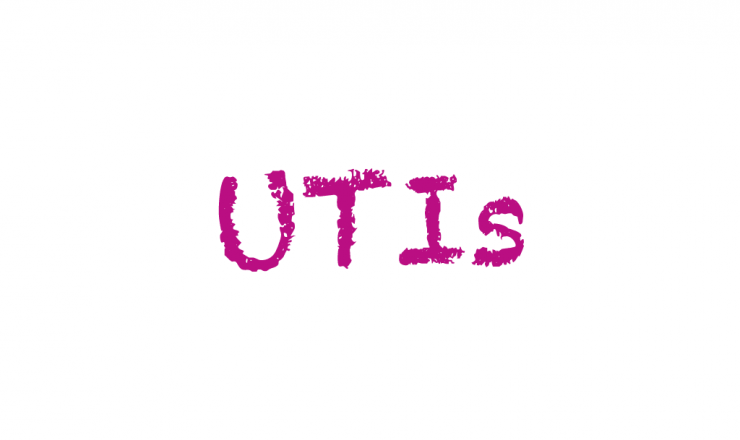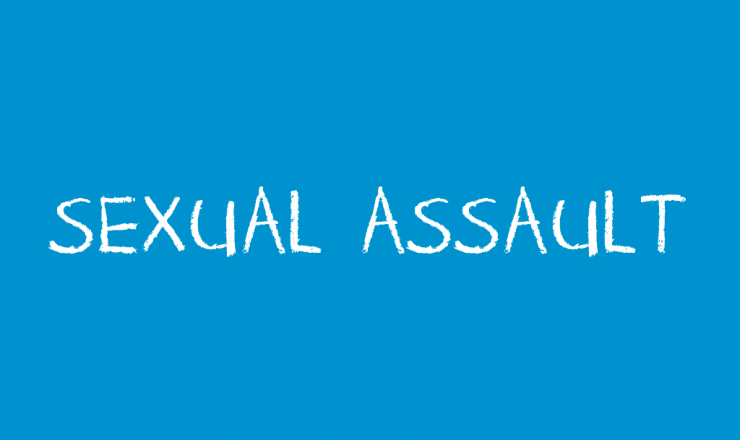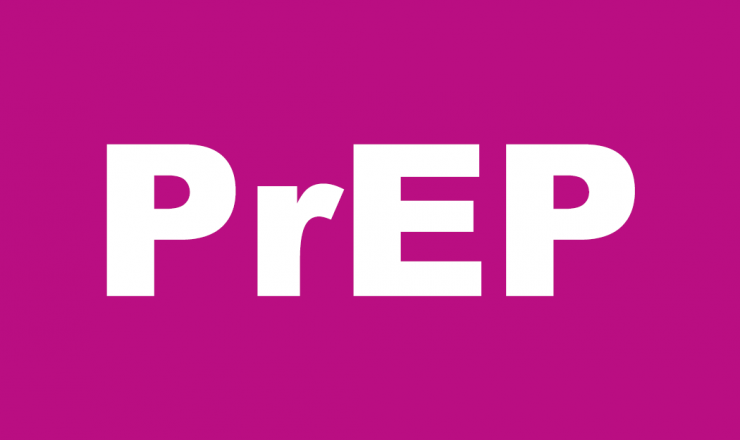Porn Literacy
Porn literacy is asking questions to help us better understand the porn we use and how we use it. This can help us figure out what we want to get from porn, what kind of porn we’d like to support, and how we’d like porn to impact us when we’re away from it. It helps us to be more intentional and aware about how we engage with it.
Some questions to ask as part of porn literacy include:
- What role does porn play in my life? In my relationships?
- What messages (about sex, consent, myself, current/potential sexual partners, etc.) am I getting from porn?
- Does what I see in porn fit with my real life values?
- Does porn I watch contribute to or reflect any oppressive (e.g. racist, sexist) stereotypes?
- What feelings come up before/during/after I watch porn? Is watching it a positive experience? Is it fun or sexy?
- Is the porn I use made and shared in ways that fit with my values?
What We See
A key part of porn literacy is remembering that while we can get real pleasure from watching porn, what we see in porn doesn’t always reflect the real-life sex that people have. Porn is acting. It’s fantasy.
When thinking critically about porn, it can help to think about what we see and what we don’t see. Things we may not see include:
- Actors negotiating contracts and getting paid for what they do
- Actors using lube or doing enemas for anal sex
- Actors using medication for birth control or to get or keep erections
- Safer sex discussions and strategies, and actors getting STI tests
- Conversations about what actors are/aren’t consenting to do
- Crew members setting up camera angles, lighting, directing, etc.
- Water and/or snack breaks
- Mistakes, awkward moments, bloopers, and outtakes
Even amateur porn (or professional porn that looks like amateur porn) still only shows scenes the people making it want you to see.
Expectations vs. Reality
Porn can be good for inspiration, but using porn and thinking we know how to have sex is like watching professional basketball and thinking we can dunk. Sex in porn is entertainment: it’s not always instructive for real life sex. For example:
Sex in porn can give the impression that everything can or should be “smooth”.
It can seem like nobody makes mistakes or has awkward things happen, or like people can or should “just know” what their partners want without talking about it. Sex in real life can be hot and intense, but it can also be awkward and silly, and sometimes people’s bodies do unexpected things. It’s also really important to communicate about what we want, and make sure we’re on the same page with our partners about what we’re doing.
Orgasms in porn are generally a big deal.
Sometimes people announce them ahead of time or splash each other with bodily fluids. Orgasms in porn often seem easy to achieve, but porn shows actors chosen to portray the types of fantasies porn producers want to create, and porn doesn’t always represent the real variety of bodies and the ways they work. Not everyone orgasms easily, quickly, by squirting or ejaculating huge loads, with partners, or at all. (Communicating with partners about what you need to orgasm is a great start—see our “Making Sex Feel Good” factsheet for more info.) Porn can treat orgasm (and especially ejaculation) as the main goal of sex, but it’s okay to have sex where nobody orgasms. There are lots of other ways to enjoy sex, and sometimes orgasms aren’t an indication that we’re having the sex we want.
Things you like in porn are not always things you would want to do in real life.
Much like how you can watch action movies but also be against violence in real life, you can watch porn that shows fantasies about things you’re not interested in actually doing, or ways you wouldn’t want to treat people in real life.
Navigating the Difference Between Porn and Reality
Some people get stressed if their real life sex doesn’t match what they see in porn, which can make it harder to enjoy themselves or be aware of what their bodies are feeling.
Talking about or watching porn with partners (and being curious and nonjudgmental about each other’s likes and dislikes) can be a good start for communicating about the kinds of sex we want to be having, but it’s not the whole conversation.
Habits of Use
Lots of people use and enjoy porn. Some people are concerned about how they use it. They may worry that they’re using porn too much or that they’re addicted to it, but there’s no one “normal” or “right” amount to use porn. Each of us gets to decide what healthy porn use looks like for us, and porn use is only problematic if it’s getting in the way of living your life the way you want to or doing the things you need to do. Ideally our relationship with porn is one that adds positive sexual feelings and experiences to our lives.
If you’re concerned about your porn use, it can be useful to think about what about it concerns you. Consider asking:
- Does my porn use negatively impact things that are important to me like school or work, or my sex life or relationships with others?
- Do I feel in control of how I use porn? Can I set limits or stop using it if I want to? Do I think about porn more than I’m comfortable?
- Does using porn leave me feeling shame, guilt, or sadness?
- Do I find using porn pleasureable? Or do I feel like I use porn out of boredom or to distract myself from other things?
If using porn makes you feel ashamed or guilty, you may want to think about where those feelings come from.
What have you learned about porn? Lots of people use and enjoy porn, but some of us have been told (maybe by parents, religions, partners, or even medical providers) that it’s bad or shameful or that we should worry about using it “too much”.
If you’re concerned about how (or how much) you use porn you can also consider what might be causing you to use it that way.
If we think about what prompts us to use porn in ways we’re not happy with, we may be able to find supports for the underlying causes—and sometimes porn itself isn’t the problem. For example, lots of us use porn, television, or other media to distract ourselves from our problems or manage intense feelings. And if that’s not helping enough, or we’ve gotten into patterns that don’t feel good, what we might need are more or different tools or supports for dealing with our problems or feelings.
If you’re having complicated feelings about porn or concerned about the way you use it, talking about it with someone you trust may help.
Sex-positive friends, partners, counsellors, sex therapists, or health care providers can be great resources for help, information, or support dealing with feelings of stigma, shame, or embarrassment.
Ethical Porn
If you’re looking for porn that’s more in line with your values, you can try looking for porn that’s produced in an ethical and equitable way. “Ethical porn” may also be called “fair trade porn” or “feminist porn”. Some things to ask when considering if porn is ethically produced:
- Who created/produced/funded this?
- Did the people in it consent to do the activities or play out the fantasies they’re presenting?
- Did the people in it consent to being recorded?
- Did the people in it consent to the porn being shared?
- What values and points of view are represented?
- Why was this porn created?
- Who is getting paid for this porn?
Ethical porn can be a space for people to see or create porn that features a variety of different genders, sexualities, bodies, and other identities that might not be represented in most porn or that might be represented in ways that go against our values (like ways that disrespect or spread stereotypes about people’s bodies or identities).
Supporting ethical porn (and paying for it when we can) helps producers make more of it.
For a downloadable resource on this topic, please visit Planned Parenthood Toronto Factsheet Database.
If you have questions about this topic, feel free to contact one of our peer educators. [Link]
Last Edited: May 2020






